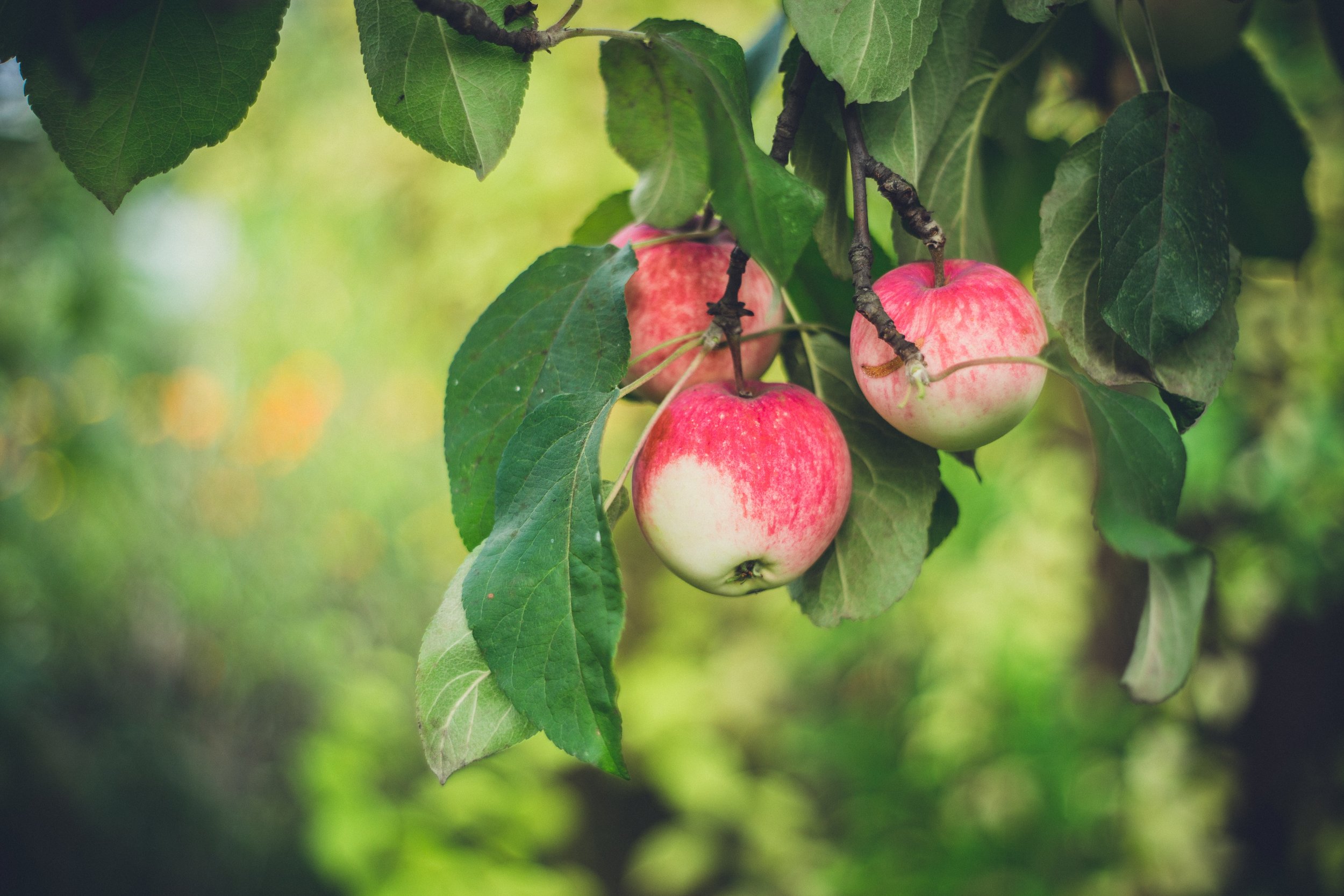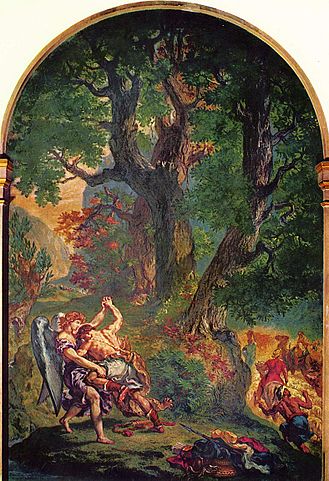Photo by Kelsey Johnson; center aisle of St. Paul's United Methodist Church, Houston
Rev. Tommy Williams sits down with his mother, Jane Williams, to reflect upon excerpts from one of her favorite poems, "The Eternal Goodness." Jane memorized this poem for a reading class assignment in the 8th grade; the verses have been her companion and a reminder of God's goodness and faithfulness ever since.
In the first stanza, when the poem references "O Friends! with whom my feet have trod // The quiet aisles of prayer," Jane says these "friends" are all of us! We have a special connection to one another when we pray or are prayed for. "Maybe we don't have one other thing in common," she says, "But the thing we have in common is God's love, and the prayer we all offer in our own way."
The Eternal Goodness
by John Greenleaf Whittier
O Friends! with whom my feet have trod
The quiet aisles of prayer,
Glad witness to your zeal for God
And love of man I bear.
Who fathoms the Eternal Thought?
Who talks of scheme and plan?
The Lord is God! He needeth not
The poor device of man.
I see the wrong that round me lies,
I feel the guilt within;
I hear, with groan and travail-cries,
The world confess its sin.
Yet, in the maddening maze of things,
And tossed by storm and flood,
To one fixed trust my spirit clings;
I know that God is good!
I know not what the future hath
Of marvel or surprise,
Assured alone that life and death
His mercy underlies.
And if my heart and flesh are weak
To bear an untried pain,
The bruised reed He will not break,
But strengthen and sustain.
No offering of my own I have,
Nor works my faith to prove;
I can but give the gifts He gave,
And plead His love for love.
And so beside the Silent Sea
I wait the muffled oar;
No harm from Him can come to me
On ocean or on shore.
I know not where His islands lift
Their fronded palms in air;
I only know I cannot drift
Beyond His love and care.
And Thou, O Lord! by whom are seen
Thy creatures as they be,
Forgive me if too close I lean
My human heart on Thee!





















